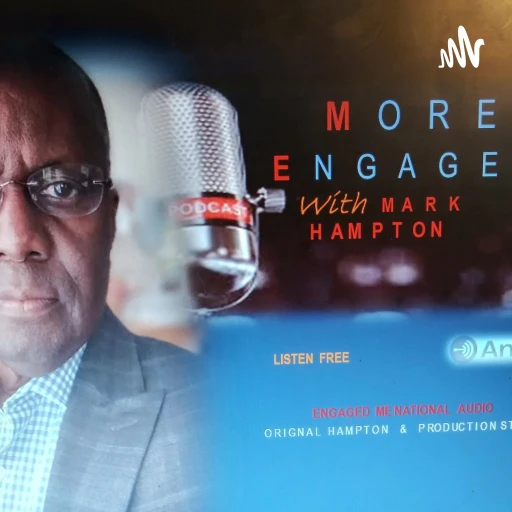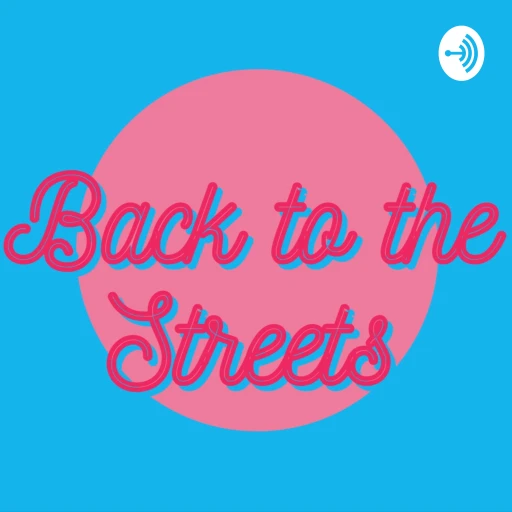As we approach 2025, the tradition of setting New Year’s resolutions continues to evolve in fascinating and unprecedented ways. While this practice dates back thousands of years, modern science and psychology have revolutionized our understanding of how to make lasting changes in our lives. The appeal of New Year’s resolutions lies in their timing – the start of a new year represents what psychologists call the “temporal landmark” phenomenon, creating a psychological clean slate that can be remarkably powerful for personal change. The landscape of resolution-setting has transformed dramatically in recent years. The aftermath of global events has reshaped our priorities, while technological advances have provided new tools and challenges for personal development. The traditional approach of simply declaring a resolution on December 31st has given way to a more sophisticated understanding of behavior change and habit formation. Research shows that approximately 80% of New Year’s resolutions fail by February, but this statistic tells only part of the story. A closer examination reveals that success rates vary significantly based on how resolutions are structured and supported. Studies conducted through 2024 have shown that individuals who employ modern behavior change strategies, combined with digital tools and community support, have success rates as high as 65% throughout the entire year. The digital revolution has fundamentally altered how we approach self-improvement. Artificial intelligence now plays a crucial role in helping people maintain their resolutions, with AI-powered apps offering personalized coaching, predictive behavior analysis, and real-time adjustment of goals based on individual patterns and circumstances. Virtual reality platforms have emerged as powerful tools for practicing new habits in simulated environments, while augmented reality assists in everything from workout guidance to meditation practice. The concept of what constitutes a worthwhile resolution has also evolved significantly. Traditional goals like weight loss and career advancement remain popular, but they’re now approached with a more holistic understanding of well-being. Mental health has taken center stage, with many people prioritizing psychological resilience and emotional intelligence over more tangible achievements. The rise of digital wellness as a distinct category reflects our growing awareness of the need to maintain healthy relationships with technology. Environmental consciousness has become deeply integrated into personal goal-setting. Climate change awareness has shifted from a peripheral concern to a central factor in how people plan their lives. Resolutions increasingly reflect this awareness, with individuals setting goals that align personal growth with planetary health. This might mean learning to grow food, mastering sustainable living practices, or developing skills that contribute to environmental solutions. The workplace revolution of the past few years has dramatically influenced resolution-setting in the professional sphere. Remote and hybrid work arrangements have created new challenges and opportunities for career development. Professional resolutions now often focus on mastering digital collaboration tools, developing asynchronous communication skills, and building meaningful connections in virtual environments. The rise of the gig economy and artificial intelligence has prompted many to set goals around developing multiple income streams and future-proofing their careers. Financial resolutions have taken on new dimensions in the digital age. Cryptocurrency and blockchain technology have introduced completely new categories of financial goals, while economic uncertainty has heightened the focus on financial resilience. Traditional saving and investing goals now coexist with objectives like mastering decentralized finance, understanding digital assets, and developing multiple passive income streams. The concept of work-life balance has evolved into work-life integration, reflecting a more nuanced understanding of how different aspects of life interact. Resolution-makers are increasingly focusing on creating sustainable lifestyle systems rather than pursuing rigid goals. This might mean designing flexible routines that accommodate both professional productivity and personal well-being, or developing skills that serve multiple life areas simultaneously. Social connection has emerged as a critical focus area, particularly in response to the isolation experienced during global events. Resolution-setters are increasingly prioritizing the quality of their relationships and the breadth of their social networks. This includes goals around developing emotional intelligence, improving communication skills, and building meaningful communities both online and offline. The rise of digital social platforms has created new opportunities for connection while also highlighting the importance of authentic, in-person relationships. The science of behavior change has evolved significantly, leading to more sophisticated approaches to resolution success. Neuroscience research through 2024 has provided new insights into habit formation, showing that the traditional 21-day rule for forming habits is oversimplified. Instead, habit formation varies widely based on the complexity of the behavior and individual circumstances, typically ranging from 18 to 254 days. This understanding has led to more personalized approaches to resolution setting, where timelines are tailored to specific goals and individual circumstances. These scientific insights have revolutionized how we approach the crucial first months of a resolution. Studies show that the initial period is less about willpower and more about creating the right environmental conditions for success. This includes everything from physical space organization to digital environment design, with successful resolution-keepers often starting by conducting a thorough audit of their daily routines and surroundings. The traditional SMART framework (Specific, Measurable, Achievable, Relevant, Time-bound) has been enhanced with new elements reflecting our modern understanding of behavior change. Adaptability has become crucial, as rigid goals often fail in the face of life’s complexities. The most successful resolution-keepers now build flexibility into their goals from the start, creating what some experts call “resilient resolutions” – goals that can bend without breaking when circumstances change. Environmental design has emerged as a crucial factor in resolution success. This involves deliberately structuring both physical and digital spaces to support desired behaviors while minimizing obstacles to success. Smart home technology has become an important tool in this regard, with automated systems helping to maintain beneficial routines and remind users of their commitments. For instance, smart lighting systems can now automatically adjust to support better sleep habits, while connected kitchen appliances can assist with nutrition goals. The rise of personal data analytics has transformed how people track and maintain their resolutions. Wearable technology now provides unprecedented insight into physical and mental states, while AI-powered apps can identify patterns and predict potential challenges before they derail progress. These tools have evolved beyond simple tracking to provide contextual insights, helping users understand not just what they’re doing, but why certain strategies work better than others. Habit stacking, where new behaviors are attached to existing routines, has proven particularly effective in the modern context. This approach recognizes that sustainable change often comes from modifying existing patterns rather than trying to create entirely new ones. For example, successful resolution-keepers might pair a new meditation practice with their established morning coffee routine, or combine physical exercise with their daily commute. The role of community in resolution success has been reimagined for the digital age. Online communities provide constant support and accountability, while social media platforms offer new ways to share progress and receive encouragement. These digital communities have become more sophisticated, often organizing around specific goals or approaches, and providing structured support systems that combine the benefits of group motivation with individual accountability. Professional support for resolution-keeping has evolved significantly. Virtual coaching platforms now offer affordable access to expert guidance, while AI-powered systems provide personalized advice based on vast databases of behavior change research. These platforms often combine human expertise with artificial intelligence, creating hybrid support systems that can provide both emotional encouragement and data-driven insights. The concept of micro-progress has gained prominence, particularly in digital goal-tracking platforms. This approach breaks down annual goals into very small, daily actions that can be easily accomplished and tracked. Research shows that the psychological boost from regular small wins helps maintain momentum throughout the year, and digital platforms have become adept at helping users identify and celebrate these incremental achievements. Progress tracking itself has become more sophisticated and engaging. Gamification elements in goal-tracking apps help maintain motivation, while virtual reality platforms can provide immersive experiences that reinforce commitment to goals. Some platforms now use blockchain technology to create “commitment contracts” with real consequences for success or failure, adding an extra layer of accountability to resolution-keeping. The importance of mental rehearsal and visualization has been validated by recent research, leading to new approaches in resolution preparation. Virtual reality technology has made it possible
Categories: Health & Fitness, History, Society & Culture

















